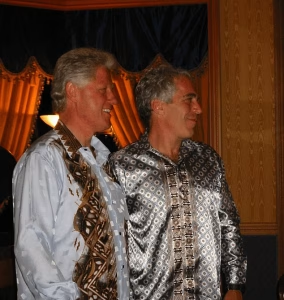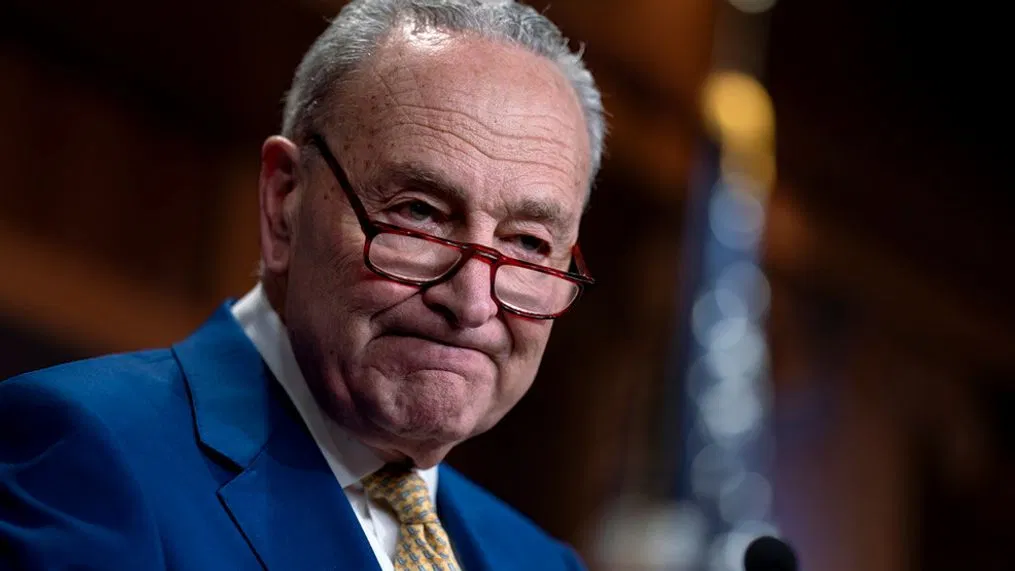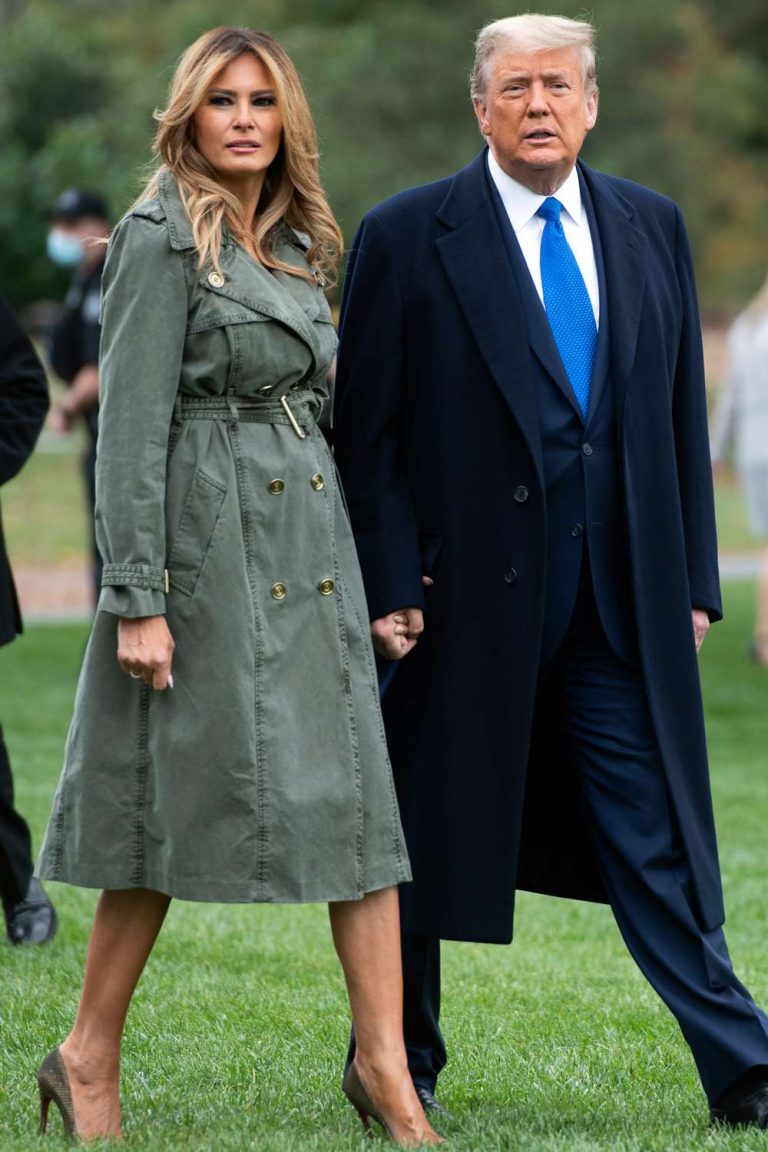A surprising development in American politics has emerged, one that is reshaping long-standing party dynamics and challenging traditional interpretations of presidential authority. What began as a contentious debate over national security and organized crime has evolved into a broader conversation about bipartisanship, executive power, and the government’s role in addressing complex threats. At the center of this discussion is an unexpected endorsement from within the Democratic Party, signaling a potential realignment of political priorities.
In recent weeks, the administration undertook a high-profile operation targeting a criminal network in South America, an effort framed as a response to escalating threats to national security. Though traditionally such missions would fall under law enforcement purview, this campaign involved direct military engagement, drawing scrutiny from legal experts, politicians, and international observers alike. The operation, while narrowly focused, has ignited a debate over the scope of presidential authority in matters that intersect law enforcement, foreign policy, and military action.
Breaking Ranks: A Democratic Voice Emerges
Senator John Fetterman (D-PA) publicly voiced strong support for the administration’s recent actions, diverging sharply from his party’s conventional stance. His remarks framed the campaign as a necessary defense against a form of warfare waged by transnational criminal organizations that have caused widespread harm and fatalities. According to Fetterman, the scale of the threat—manifested in more than 100,000 overdose deaths annually—demands extraordinary measures that go beyond traditional policing or judicial processes.
By taking this position, Fetterman provided a rare instance of cross-party backing, offering political cover to the administration while highlighting an issue that transcends partisan lines. His progressive credentials and history of criticizing the current president on other matters lend particular weight to his endorsement, making it more credible to moderates and independents. The senator emphasized that addressing these networks requires a strategic shift, suggesting that law enforcement alone has proven insufficient to tackle the scope and sophistication of these criminal enterprises.
Legal Uncertainty: Expanding the Bounds of Military Authority
The operation’s legal foundation has drawn intense scrutiny. Analysts question whether targeting criminal organizations with military force aligns with constitutional limitations and international law. Historically, the use of military assets against non-state criminal actors has been narrowly circumscribed, often requiring close cooperation with law enforcement and adherence to domestic legal constraints. The administration, however, has argued that certain designations, such as labeling these organizations as terrorist entities, create a legitimate framework for military engagement.
Critics warn that this approach blurs the line between policing and wartime action, raising questions about executive overreach and the potential erosion of checks and balances. Legal scholars stress that circumventing congressional approval or judicial oversight in cases of domestic or transnational crime could set a lasting precedent for unilateral military operations. Supporters counter that the extraordinary lethality and reach of these networks necessitate a broader interpretation of presidential powers, particularly when conventional enforcement measures have repeatedly fallen short.
Targeting a Complex Threat
Central to the operation is the focus on a group with far-reaching influence and a history of violence. Designated as a terrorist organization, the network’s activities extend beyond narcotics trafficking, encompassing violent crimes, territorial control, and regional destabilization. Such classifications provide the administration with a degree of legal justification for military involvement that would not normally apply to conventional criminal cartels.
Observers note that the designation also has diplomatic and geopolitical ramifications. The group’s alleged ties to certain state actors introduce complexities that require careful navigation, particularly as regional tensions remain high. While some commentators argue that the administration’s approach is an appropriate application of existing counter-terrorism laws, others caution that it risks escalating conflicts and straining international partnerships.
A Shift Toward Military-Led Operations
Reports indicate that the recent mission departed from traditional law enforcement protocols, emphasizing immediate, decisive action over arrest and detention. This approach reflects a calculated response to the “revolving door” problem, in which suspects previously faced limited consequences for their activities before rejoining criminal networks. By prioritizing rapid neutralization of high-value targets, the administration aims to demonstrate both operational effectiveness and deterrence, signaling that these groups cannot operate with impunity.
The outcome of the operation—eliminating key figures without reported U.S. casualties—has been interpreted as proof of concept, supporting arguments for expanding military involvement in comparable missions. Proponents suggest that this model could inform future strategies against a wide range of transnational threats, including organized crime, human trafficking, and cyber-enabled networks. Yet skeptics highlight that such militarization carries inherent risks, from legal challenges to unintentional escalation with foreign governments.
Navigating Diplomatic and Strategic Challenges
The operation has not occurred in isolation; regional actors have closely monitored the campaign, and tensions have already surfaced. Reports of provocative encounters with foreign military assets underscore the delicate balance required in executing these missions. Administration statements have emphasized restraint while signaling readiness to respond to potential threats, a strategy intended to deter escalation while maintaining operational flexibility.
This combination of assertiveness and caution reflects a broader strategic objective: demonstrating the United States’ willingness to confront threats decisively while preserving options for diplomacy and coalition-building. Observers note that achieving this balance is critical to sustaining legitimacy both domestically and internationally, particularly as military involvement in traditionally law enforcement roles continues to expand.
Reframing the National Discourse
By framing overdose deaths and narcotics smuggling as matters of national security, the administration and its supporters have shifted the public conversation. The debate now emphasizes the moral and strategic imperatives of addressing large-scale threats through unconventional means. This reframing has resonated across the political spectrum, prompting some Democrats to reconsider entrenched positions and challenging the opposition to articulate a coherent alternative strategy.
Senator Fetterman’s involvement highlights how individual political actors can influence this discourse, bridging partisan divides when public health and security stakes are sufficiently high. His support illustrates that traditional party loyalty can yield to pragmatic considerations when faced with crises of unprecedented scale and complexity.
Potential Consequences and Long-Term Implications
The political ramifications of this alignment are substantial. Bipartisan support for expanded military roles in counter-narcotics operations could facilitate new congressional authorizations, reinforcing the legal foundation for similar actions in the future. It could also signal a broader willingness to consider military involvement in addressing threats traditionally managed by law enforcement.
Yet the long-term success of such strategies will depend on more than tactical victories. Complementary measures—including prevention, treatment, and international cooperation—remain essential to reducing the underlying demand for narcotics and limiting the influence of criminal networks. Without a holistic approach, there is a risk that militarized campaigns will offer only temporary reprieve, allowing these networks to adapt and persist.
Conclusion: A Pivotal Moment
The recent developments represent a pivotal moment in the ongoing struggle against organized crime and its collateral impacts on American society. They underscore the complexity of modern threats, which often span borders, challenge legal frameworks, and test the balance of power among governmental institutions. The emergence of cross-party support for unconventional strategies signals a potential shift in political priorities and national security policy.
As debates continue over legality, constitutionality, and diplomacy, one fact remains clear: the stakes are extraordinarily high. How policymakers navigate this landscape will influence not only the trajectory of counter-narcotics operations but also broader questions about the use of executive authority, the role of the military in domestic-adjacent missions, and the evolution of bipartisan cooperation in addressing threats that transcend party lines.
The coming months are likely to determine whether this moment represents a temporary alignment of convenience or the start of a longer-term reevaluation of American strategy in confronting complex, high-stakes threats. Whatever the outcome, the intersection of politics, law, and security has entered a new, unprecedented phase, one that will demand careful judgment, strategic foresight, and a willingness to confront uncomfortable questions about the boundaries of power and responsibility.

James Jenkins is a celebrated Pulitzer Prize-winning author whose work has reshaped the way readers think about social justice and human rights in America. Raised in Atlanta, Georgia, James grew up in a community that instilled in him both resilience and a strong sense of responsibility toward others. After studying political science and creative writing at Howard University, he worked as a journalist covering civil rights issues before dedicating himself fully to fiction. His novels are known for their sharp, empathetic portraits of marginalized communities and for weaving personal stories with broader political realities. Jenkins’s breakout novel, Shadows of Freedom, won national acclaim for its unflinching look at systemic inequality, while his more recent works explore themes of identity, resilience, and the fight for dignity in the face of oppression. Beyond his novels, James is an active public speaker, lecturing at universities and participating in nonprofit initiatives that support literacy and community empowerment. He believes that storytelling is a way to preserve history and inspire change. When not writing, James enjoys jazz music, mentoring young writers, and traveling with his family to explore cultures and stories around the world.









